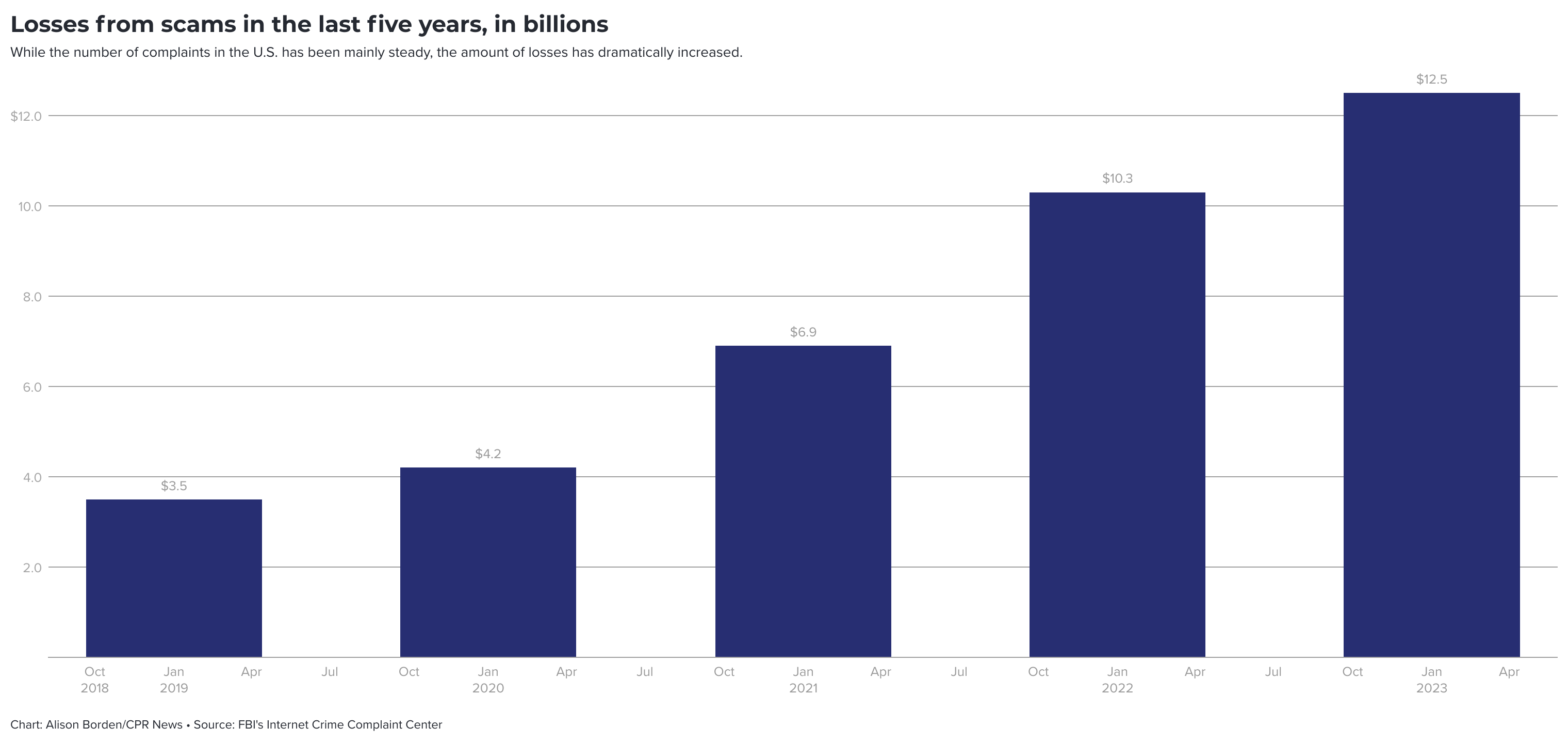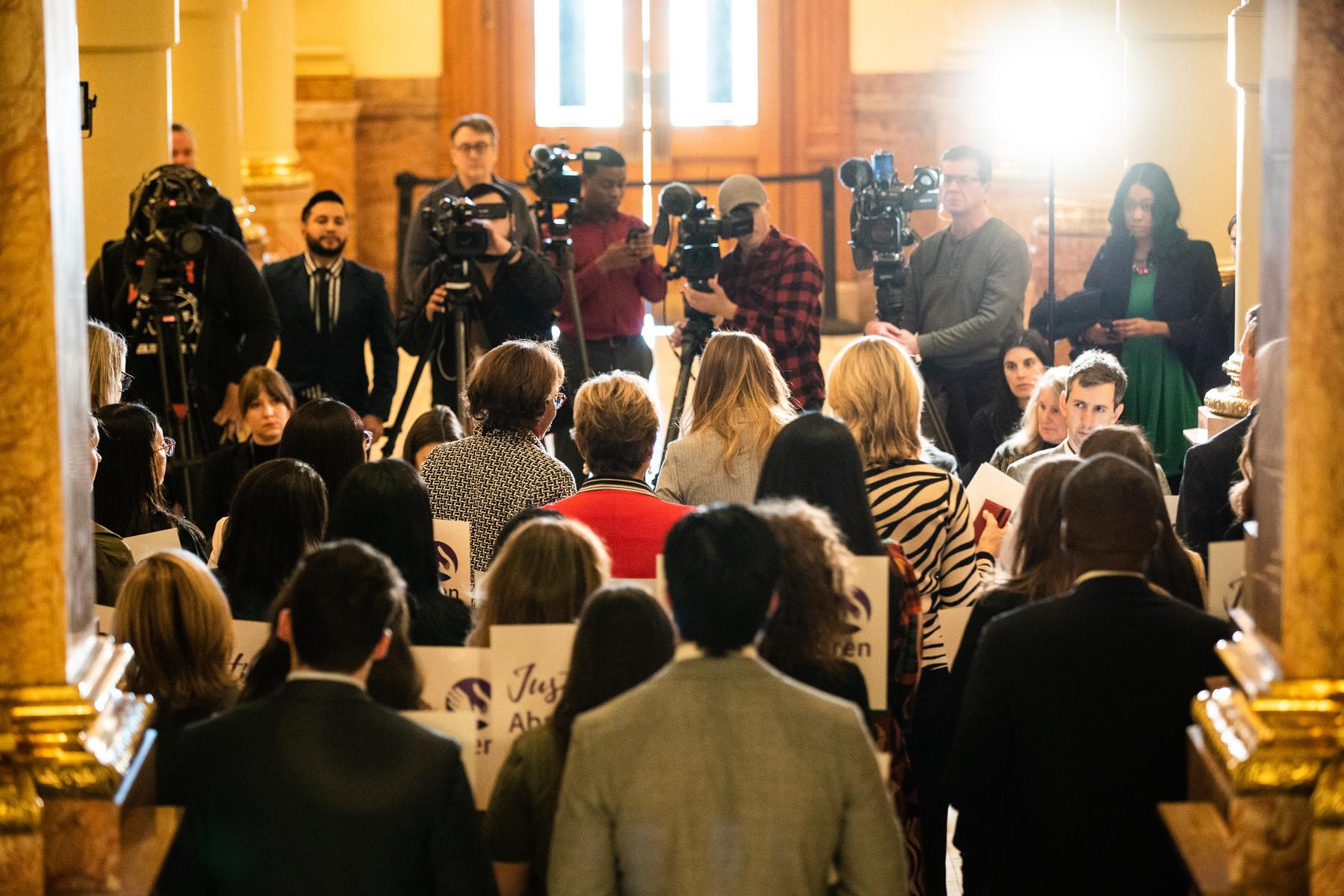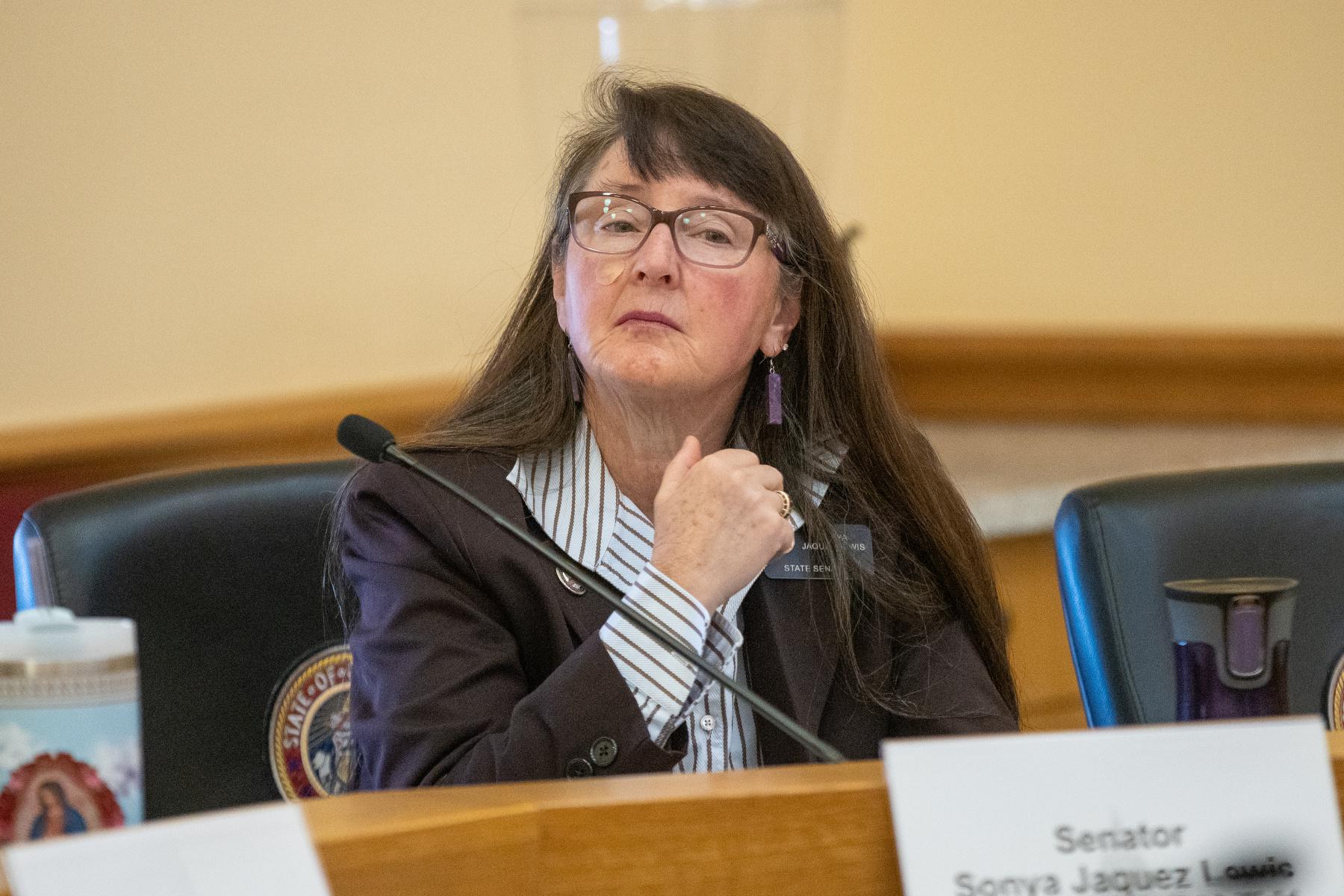One of the fiercest campaign battles in this fall's elections in Colorado is about paid sick leave in Denver. Initiative 300 would require all businesses in the city to give their workers paid sick days. Colorado Public Radio Health Reporter Eric Whitney has a look at the arguments on both sides.
CPR Health Reporter Eric Whitney: The group pushing Initiative 300 is called Campaign for a Healthy Denver. Spokeswoman Erin Bennett says workers, especially low-wage workers whose jobs don't offer paid sick days, have no choice but to go to work sick.
Campaign for a Healthy Denver spokeswoman Erin Bennett: When you're a minimum-wage worker and your choice is to go to work sick, or to stay home without pay, the choice for you is pretty clear if losing a day's pay means not paying your rent.
Reporter: The campaign says that's bad for public health. People who can't afford to stay home infect co-workers, or have to send sick kids to school. They say sick workers put the general public at risk if they work in places like retail shops, health care or restaurants. A video on the campaign's website features a cook from Denver named Adam Rossin telling this story.
Adam Rossin: Last week I had a fever of 104 for a few days in a row. Two of those days I had to work, and couldn't call in sick for the reason that I'd lose out on too much money, on top of doctors' bills and getting prescriptions to get better.
Reporter:The restaurant industry isn’t swayed by such stories. In fact, the Colorado Restaurant Association is part of a broad business coalition opposing the initiative. It's called “Keep Denver Competitive,” and has videos on its website, too. Here Paul Riley, proprietor of the restaurant “Encore on Colfax” predicts negative consequences.
Paul Riley, restaurant proprietor: Should this be approved by voters, we're going to have to pass on some of the daily costs that it takes to run Encore onto our guests. Thus prices wil go up. We are all for workers rights, but right now, 300 is seen as the wrong answer to a right problem.
Reporter: That cost issue is the biggest one opponents raise. They calculate the expense by assuming every worker will take the maximum number of sick days, that's nine days per year that accrue over time.
Hogwash, say proponents. Workers who have paid sick days now typically only take a few a year, and some don't take any. They point to San Francisco, where a mandatory paid sick days law passed four years ago, a recent survey says the median number of sick days workers there take is four a year.
Gaily Lindly, owner, Denver Bookbinding Company: We take individual pages and we turn them into a hardcover book. We can do that from one book to a thousand books...
Reporter: Gail Lindly owns the Denver Bookbinding Company, which has 11 employees in Highlands. She offers paid sick days, in the form of 10 paid days off a year that her staff can use any way they want. But they don't get it right away.
Lindly: For us, you start earning paid time off after you've been with us a year.
Reporter: So the proposed sick days law would only require Lindly to provide more benefits than she is now for new hires, people with less than a year with the company.
That may not sound like a big deal, but Lindly says her company is so small, the profit margin so slim, and the economy so fragile that having to pay for four or five sick days for a new employee would really hurt.
Lindly: People need to earn the time. And with this ordinance, it's given to them. So it starts at day when, when you're hired. When it starts at day one that's not earned, that's a handout.
Reporter: The part about sick time starting at day one? Well...workers do start earning sick time off from day one, at the rate of one hour of time off for every 30 hours worked. But they can't start using it until they've been on the job for 90 days.
Not surprisingly, perhaps, in a political campaign, neither side is really going out of their way to tell the truth all the time. For instance, proponents made claims that a restaurant employee who came to work sick in metro Denver recently was responsible for infecting 30 percent of their co-workers. The public health agency that investigated says there's no proof of that.
Denver resident Chris Keel: My name's Chris and I'm from Denver.
Reporter: Chris Keel is undecided on the paid sick days initiative. He says it does bug him that he's probably going to restaurants where the staff can't afford to stay home when they're sick.
Keel: It's like two tensions. That's one side of it, and the other side is, y'know, I think a lot of people abuse things, too. So it's like, how do you balance this out appropirately with people that are actually sick?
Reporter: There are plenty of people on both sides of the issue who'd really like to help Keel and other Denver voters make up their minds -- websites, YouTube channels, competing studies being lobbed across Twitter feeds, not to mention public demonstrations and rallies. The most spin-free source, though, is the text of the proposed ordinance itself. It's available on the Denver Clerk and Recorder's website, and on the mail-in ballots the city starts sending voters next week.
[Photo: James Gathany, CDC]









